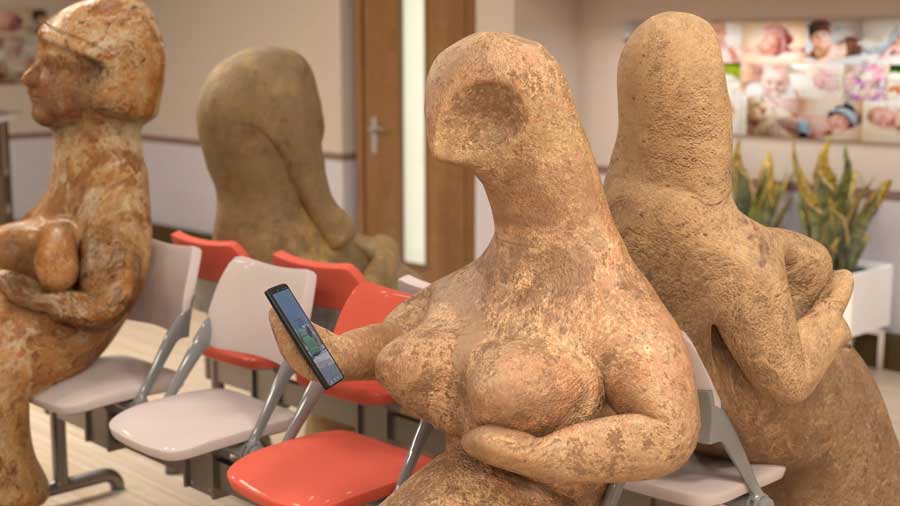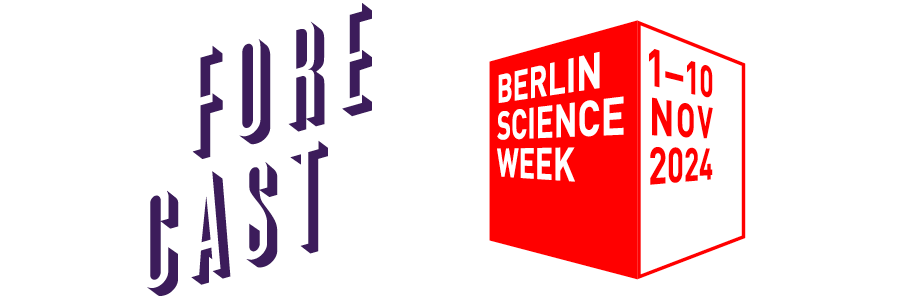The Workshop’s Mentors:
Roy Amit gained his Neuroscience PhD for research on cognitive processes in human vision. He is an applied AI researcher working closely and critically with Vision-Language and Large language models. He also teaches in the master’s program of Visual Communication in Bezalel Academy of arts and design, Jerusalem and creates interactive installations involving technology and human-machine interaction.
Freo Majer is the founder and artistic director of Forecast, an international mentorship program that transcends disciplines and geographical locations to connect cultural practitioners with renowned mentors. Trained as an opera director, Majer looks back at a career as a director and producer in European theaters, opera houses, and at festivals, including at Mainz State Theater, Lucerne Theater, Bremen Theater, and the international festival Theater der Welt. Driven by his own experience, and recognizing a gap in the type of support available to cultural works, he changed paths and founded Forecast in 2015. Together with curators and festival directors from various European cities, he initiated the interdisciplinary research project Housing the Human (2017–2019). In 2020, Majer began a three-year collaboration with the ZKM and HfG in Karlsruhe and the National Academy of Science and Engineering acatech, developing prototypes on the eco-social research program Driving the Human.
Ruth Patir is a media artist who fuses documentary with computer-generated imagery in a quest to expand the possibilities of realism. Her works often begin with the artist’s autobiography, and gradually open up to address larger societal issues, such as the politics of gender, technology, and the hidden mechanisms of power. Ruth received her MFA in New Genres from Columbia University in New York (2015) and her BFA from the Bezalel Academy of Art and Design in Jerusalem (2011) where she is also currently a professor teaching in the Screen Based Arts department. Currently she is the artist in the Israeli Pavilion at the 60th Venice Biennale. Her work has also been exhibited at institutions such as the Museum of Modern Art (MoMA), New York; The Israel Museum, Jerusalem; Tel Aviv Museum of modern art; the Petach Tikva Museum of Art; the Anthology Film Archive in New York; the Flux Factory, New York, and more. Patir’s work is part of institutional collections such as the Centre Pompidou, Paris; Kadist Collection; Israel Museum, Jerusalem; and the Tel Aviv Museum of Art, Tel Aviv.
Ina Schieferdecker is an independent researcher and Honorary Professor of Software-Based Innovation at the Technische Universität Berlin. Previously, she was Director General for Research for Technological Sovereignty and Innovation at the German Federal Ministry of Education and Research (BMBF), Director of the Fraunhofer Institute for Open Communication Systems (FOKUS), Professor for Quality Engineering of Open Distributed Systems (QDS) at the Technische Universität Berlin (TUB), and Director of the Weizenbaum Institute for the Networked Society – The German Internet Institute. Her research interests include quality engineering of open distributed systems, urban data platforms and open data, and digitalization and transformation towards sustainability. Ina has received awards for her scientific work such as the German Prize for Software Quality (DPSQ), the EUREKA Innovation Award, or the Alfried Krupp von Bohlen und Halbach Award for Young Professors.


